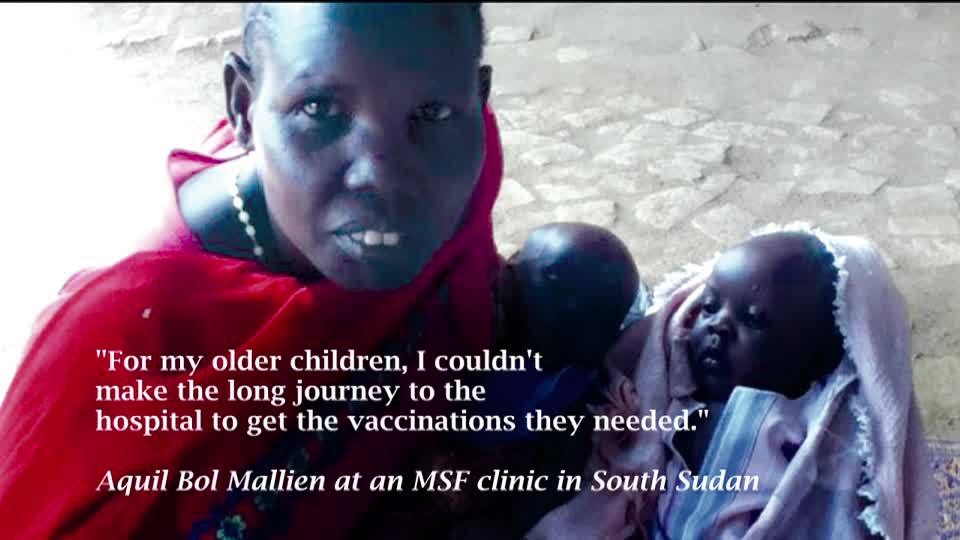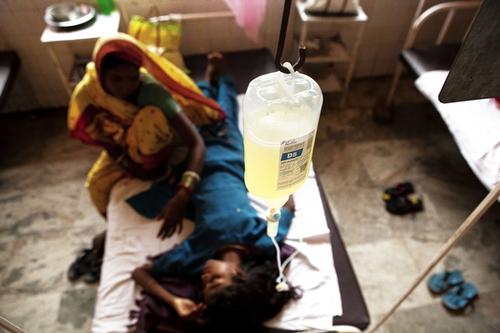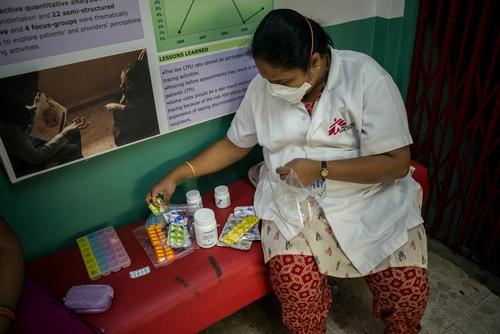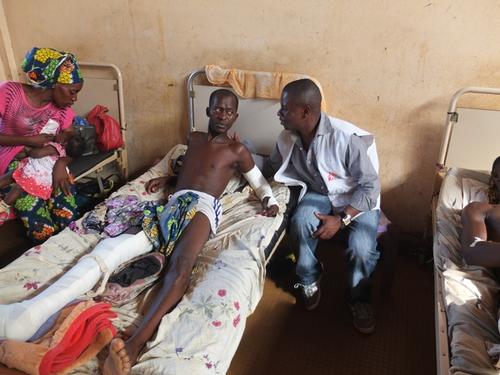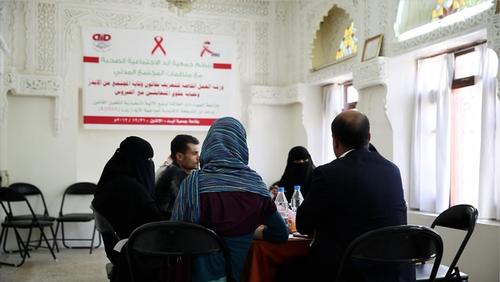What if the medicines that could save your life cost a hundred times what you earn in a year?
Many people in developing countries can’t get hold of the treatment they need to stay alive and healthy.
That’s why Médecins Sans Frontières launched the MSF Access Campaign in 1999 to find ways of ensuring that medicines could be made available for all our patients and others in developing countries.
The Access Campaign's mission is to increase access to – and the development of – affordable, practical and effective drugs, vaccines and diagnostic tests for diseases that affect people in places where we work.
